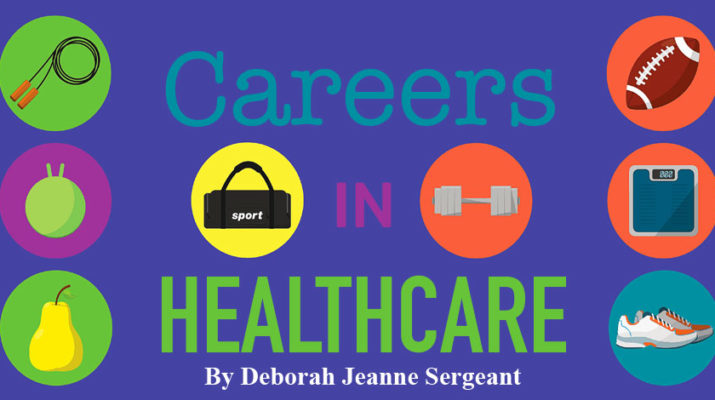By Deborah Jeanne Sergeant
 While “contact tracers” — more formally known as disease investigation specialists, case investigators or other titles — have gained the public eye tracking down the contacts of people diagnosed with COVID-19, it’s actually a position that’s long been part of public health.
While “contact tracers” — more formally known as disease investigation specialists, case investigators or other titles — have gained the public eye tracking down the contacts of people diagnosed with COVID-19, it’s actually a position that’s long been part of public health.
In many health departments, the specialists track 40 reportable illnesses — things like mumps, rubella, salmonella and the like — to the state health department and also work with people who have sexually transmitted diseases to minimize its spread.
These days, specialists have turned their focus on COVID-19, finding contacts of those who have tested positive, following patients, and supporting patients’ needs.
“Now that businesses are re-opening, these investigations are very complicated,” said physician Gale R. Burstein, commissioner of health for Erie County Department of Health. “For the newly diagnosed people who are employed, we have to do investigations through work, or if they’ve partied, traveled or been on airplanes. It can be very complicated.”
Those who are ill must stay in isolation for 10 days and until they no longer have symptoms. People who have come in contact with the sick person are notified so they can remain in quarantine at home for 15 days. This connection also helps the health department identify a hotspot such as a gathering or business.
The specialist also explains resources from the health department and sets up any supports such as grocery and medication delivery. The specialist follows up with text messages about symptoms and any other questions.
Erie County ordinarily employs a handful of specialists. Because of the pandemic, about 40 are doing case investigation, including redirected employees and volunteers, and more are working on contacting, all of whom were trained for these duties.
In addition, New York State Department of Health hired workers to assist local health departments in the work.
A pandemic-time tracer isn’t necessarily a clinician, though training in community health work or healthcare is helpful.
“In their ‘normal’ jobs, they already interface with people a great deal,” Burstein said. “They also need to be organized.”
For Erie County’s regular tracers, nurses, social workers and epidemiologists typically fill the role, along with other tasks.
For Niagara County, public health nurses and sanitarians fill the role of contact tracing for more routine outbreaks of illness. To bolster the number of workers performing tracing, the department has shifted people from other important but less urgent roles such as educators.
In addition, the health department has hired three former public health nurses to assist with contact tracing and calls and more staff hired by New York state have also been helping.
“Health education and weekly clinics — we’re not doing anymore,” said Dan Stapleton, public health director for Niagara County Department of Health. “It’s prioritizing our staff and workload. A local health department can’t be all things to all people all the time.”
Most of the public health nurses are bachelor’s trained nurses. The other tracers are associate’s degree trained. Additional training from the county helps the nurses and sanitarians who don’t have a public health background. Sanitarians usually have a science-based degree like biology.
Stapleton listed soft skills for contact tracers as “patience, good recordkeeping, thoroughness and great interpersonal dynamics. These are critical to contact tracing and generally working in public health.”
A professor in public health at University at Buffalo, he believes that now is a great time to work in public health.
“There’s multiple ways to use it, whether it’s a science-based background or a nursing background,” he said. “UB has those degrees available. A public health degree, public health ed. There’s never been a more exciting time to choose public health as a profession. It’s never been more relevant.”
The Bureau of Labor Statistics lists “epidemiologist” as the closest job title to the “contact tracer”; however, that’s a position that typically requires a master’s degree. The requirements required for contract tracing depends upon the hiring entity, whether a particular county’s health department for a long-term or short-term position or the state, as it’s hiring temporary workers during the pandemic.

